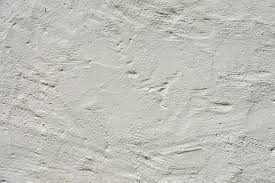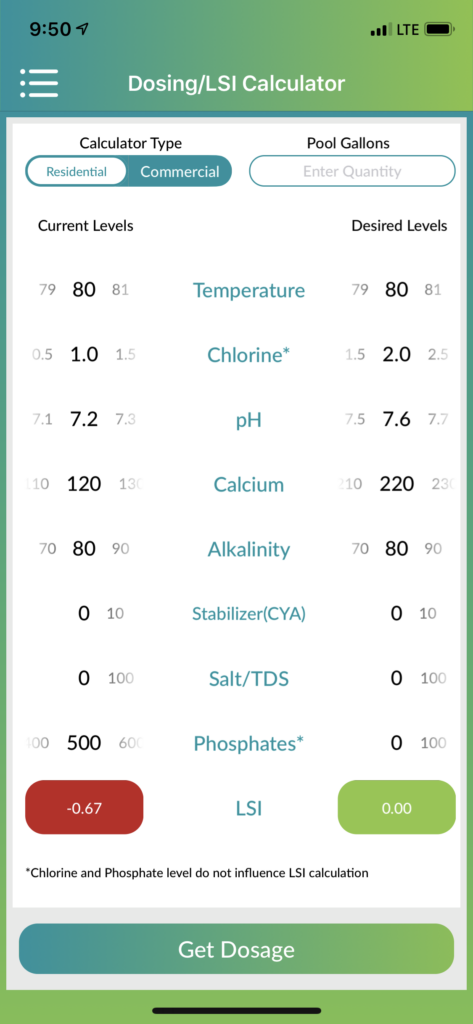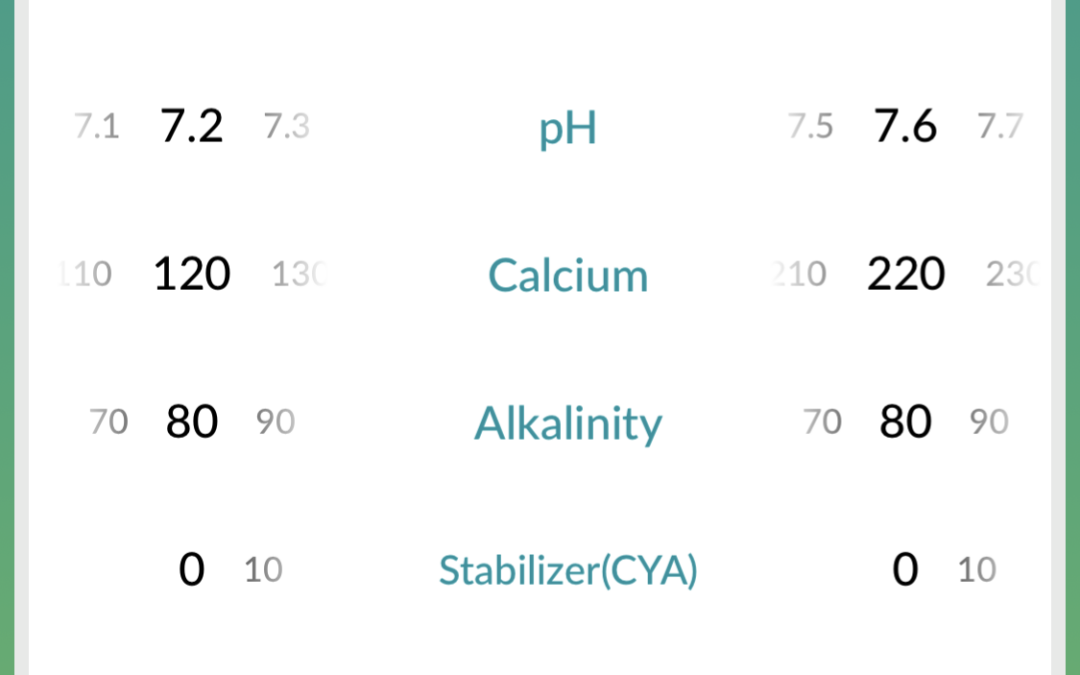Protect Your Pool Plaster
The Secret to Healthy Pool Plaster
At Matt’s Water, we are big believers in helping our customers save money by taking care of their swimming pools. It’s our foundation belief that many home owners do not understand the importance of Water Chemistry. Therefore, we want to take up the challenge and provide the training and information necessary to help you protect your investment. That being said, what’s the best way for you to save money and take care of your swimming pool?
If you guessed Chemistry, then you’re right! Proper Water balancing is the most essential ingredient to safe, affordable and happy pool ownership. It’s amazing that such a simple concept and often gets overlooked – especially during the Winter Time.
This time of year, as the summer season winds down and school vamps up, home owners look for ways to save money. Unfortunately, saving money by discontinuing pool service and neglecting your swimming pool is the surest way to pay more down the road. What do we mean? To truly understand, we need to take a quick synopsis of all the pieces of your pool that cost money.
The Crucial Pieces to Your Swimming Pool
One of the most expensive aspects to any swimming pool is your pool surface, also known as Pool Plaster. This material is the colorful and textured surface that covers the entire internal surface area of your swimming pool. Plaster is comprised of cement materials, aggregate (texture), colored particles and crystals.
Most importantly, your pool plaster is in constant contact with your water. Therefore, there is not any other aspect of your swimming pool that is more susceptible to chemical damage than your pool plaster. Unfortunately, the pool plaster is also the piece of your pool that you notice the most. If your pool plaster experiences the epidemic of Etching or Scaling (as we will cover below) this can become quite the eyesore. It can also be extremely costly to fix these issues; often involving a price tag that many home owners can’t afford.
Lastly, would you also believe us if we said that your pool water is more chemically aggressive in the Winter Time than than Summer Time? Let us find out why.

This image shows the damage that a Corrosive Water Environment can create. What you are seeing here is evidence of “Etching” on the pool plaster. This is due to pool water being deficient in vital minerals such as Calcium. It causes the water to literally draw Calcium right out of your pool wall. Needless to say, these scars would be wide spread and not very attractive to look at.
Water Requires a State of Balance
By the laws of nature, your Pool Water & Pool Plaster are in a constant state of balance. In essence, your pool plaster will naturally have it’s own properties such as PH, Calcium, Alkalinity and so on. Conversely, your pool water (out of the tap) will have it’s own independent readings as well. The trouble comes along when these two sets of digits don’t match up. What happens is a chemical tug of war, with water always being the winner:
Water is capable of dissolving a variety of different substances, which is why it is such a good solvent. And, water is called the “universal solvent” because it dissolves more substances than any other liquid. This is important to every living thing on earth. It means that wherever water goes, either through the ground or through our bodies, it takes along valuable chemicals, minerals, and nutrients. – The USGS, Water Science School
Because water is the Universal Solvent, it has the capability to add or subtract chemicals, minerals and nutrients to satisfy it’s demand for balance. What does all of this complex information mean for your pool plaster?
Simply put, not satisfying the chemical requirements of water means it will extract or deposit excess minerals as needed. Water is essential to all life on earth, but it can also become very aggressive is not balanced properly.
Example: Winter Conditions
If you allow your swimming pool to be vulnerable to Winter Conditions (such as colder water temperature) this will negatively affect your LSI reading. In essence, your water will become Mineral Deficient and extract valuable calcium from your pool plaster – causing Etching. This is very bad and can cost thousands to replace.

Here you can glimpse the power of the Orenda Technology App. This amazing software allows us to measure the LSI index for your pool water. As you can see from the image, by boosting the pH & Calcium of the pool water, we are able to restore the balance to this swimming pool. It’s simple in theory and highly effective at saving you money.
What Is The Langelier Saturation Index (LSI)?
This is a lot of complex information and how on earth are we able to measure these types of changes? Luckily, at Matt’s Water, we’ve been in this industry for quite some time. We also have the tools at our disposal to check your pool water for proper water chemistry & balancing.
Going back to the concept of the Langelier Saturation Index (LSI) as mentioned above, let’s take a deeper look. The LSI Index is a calculation for the Mineral Saturation of water. In essence, it determines the amount of Minerals your water can hold before they Fall Out of Suspension. It’s important to note, when we say Minerals, what we really mean is Calcium – one of the most natural minerals available to our backyards.
Understanding the LSI Calculation
In essence, the LSI is a calculation used to determine the Corrosive or Scale Forming properties of our pool water. By using the formula (listed below), we can calculate this scale from -.3 (Corrosive) up to +.3 (Scale Forming). If our value falls anywhere between these two numbers, our water is determined to be in balance. Balanced water ensures that our water is properly satisfied and non-aggressive. This keeps your pool plaster safe from the corrosive or scale forming properties of water. In essence, keeping your water satisfied will save you money.
If you’ve taken a moment to watch both videos, then you now have some greater insight into why understanding your pool chemistry is so important! In essence, the LSI is a great tool that we can use to determine the happiness of your pool water. If your pool water is out of balance, we can use this tool to help us correct it based on dosage levels. It’s important that we apply the correct chemical dosage based on the volume of your swimming pool (no more and no less).
Lastly, some key takeaways from our lessons on the LSI Index include:
- Etching of your pool plaster is permanent!
- Cold water lowers your LSI score, leading to more Corrosive conditions (info below)
- Taking the time necessary to understand the LSI can save you thousands in pool repair & maintenance
- Your pool plaster is the most susceptible aspect of your pool to pool chemical conditions
Your Water is More Dangerous During Cold Months
If you’ve downloaded the Orenda App and played around a bit, then you’ve surely noticed the Temperature metric. It’s crucially important that we understand how Temperature impacts the balance of our water chemistry. The LSI is comprised of 6 key metrics:
- Calcium
- Temperature
- pH
- Alkalinity
- TDS
- Stabilizer
Of these 6 metrics, the one that has the highest (and most sneaky impact) is Temperature. Because our pools are subjected to external environments, the temperature of our pool water fluctuates with the changes in season. As outside ambient temperature decreases, so does your pool water. A pool that was balanced during the summertime can easily become Corrosive (with potential for Etching) as the water temperature drops down.
This is a scary reality and one of the most important reasons to keep Matt’s Water on your monthly home budget. Although paying for a monthly pool service during the winter time sounds counter intuitive, we guarantee you, it could be the best decision all winter.
As the LSI indicates, pool water becomes more corrosive during the winter time. Etching is a serious condition and is irreversible. Not only does it leave ugly hash marks all over your pool plaster, but it also damages your pool equipment and renders it inoperable. A home owner that neglects their swimming pool all winter long has the potential for thousands in repairs the next Spring.
Hire Matt’s Water & Keep Your Pool Surface Safe
At Matt’s Water, we don’t want our customers to endure the headache and stress of costly pool repairs. Instead, we want you to open up your swimming pool for summer and jump right in for fun. By taking some simple and intuitive steps this Winter time, you can ensure your pool is swim ready for Summer 2019.
Lastly, this effort will keep your pool plaster safe during the time of the year that we are using our pools the least. If you’d like for us to provide some assistance, that’s great! We understand that life is busy and you have a lot going on. That’s why we offer the best & highest quality Pool Service in the greater East Texas & Corsicana region. Our team is ready to visit your pool and provide you with an in depth analysis of your pool water and will keep it safe all winter long! Give us a call today!


